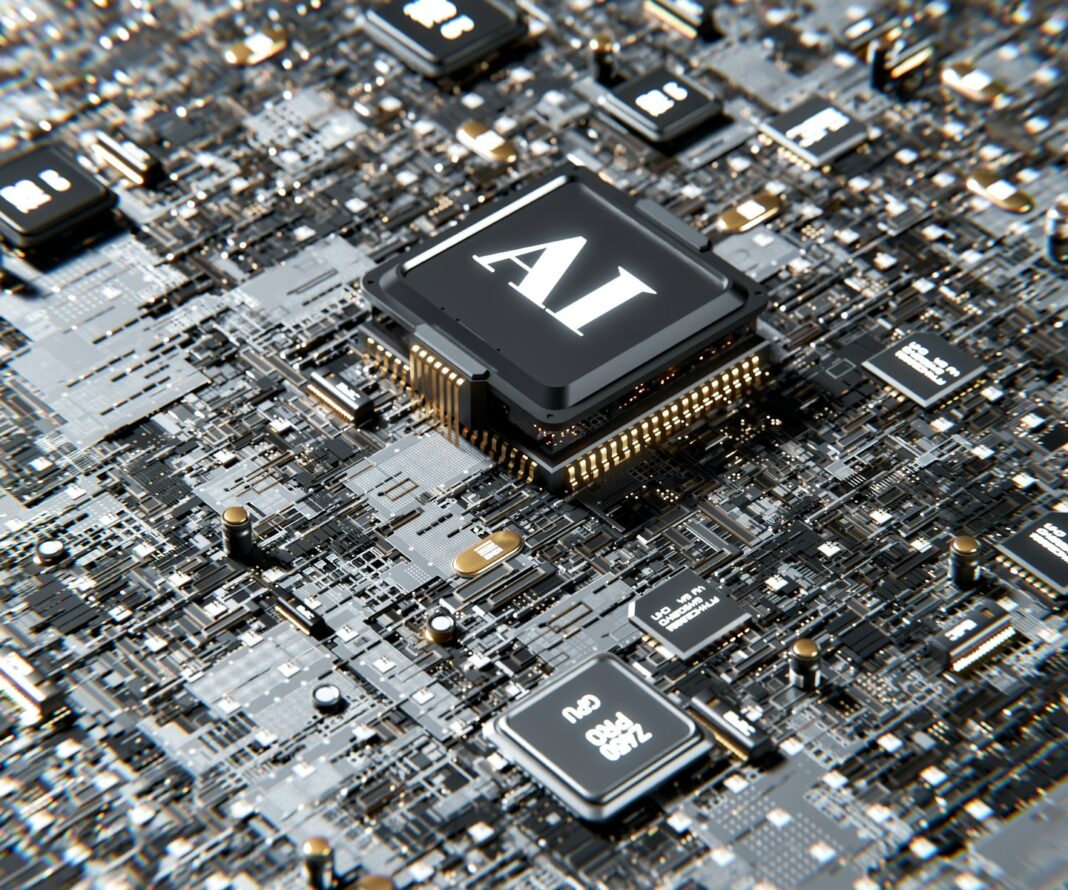Artificial Intelligence (AI) is revolutionizing industries, reshaping economies, and influencing everyday lives. From healthcare and finance to education and entertainment, AI-powered systems are driving efficiencies and innovation. However, as AI continues to evolve, it raises profound ethical questions that demand careful consideration. The ethical implications of AI touch upon privacy, bias, accountability, and its potential impact on society, making it essential to strike a balance between technological progress and ethical responsibility.
- Bias and Fairness
One of the most pressing ethical concerns in AI is bias. AI systems are trained on historical data, which often contains biases that reflect societal inequities. As a result, AI can perpetuate or even amplify these biases in decision-making processes, leading to unfair outcomes. For instance, biased algorithms in hiring tools might discriminate against candidates based on gender or ethnicity, while AI-driven credit scoring systems could unfairly disadvantage certain demographics.
To address these challenges, organizations must prioritize transparency and fairness. This includes scrutinizing training data for biases, employing diverse teams to design algorithms, and implementing fairness audits to ensure equitable outcomes. Ethical AI development requires a commitment to inclusivity and accountability.
- Privacy and Data Protection
AI systems rely on vast amounts of data to function effectively. This reliance raises significant privacy concerns, particularly when personal and sensitive information is involved. For example, facial recognition technology and AI-driven surveillance systems have been criticized for intruding on individual privacy. Similarly, the misuse of data by AI systems can lead to breaches that expose individuals to harm.
Striking the right balance between leveraging data and protecting privacy is crucial. Regulations like the General Data Protection Regulation (GDPR) and other data protection laws aim to ensure that AI systems operate within ethical boundaries. Organizations must adopt practices that respect user consent, limit data collection, and secure sensitive information.
- Accountability and Transparency
As AI systems become more autonomous, determining accountability for their decisions becomes increasingly complex. If an AI system makes a harmful or incorrect decision, who should be held responsible—the developers, the users, or the AI itself? The “black box” nature of many AI systems, where their decision-making processes are opaque, exacerbates this challenge.
To address this issue, developers should focus on creating explainable AI (XAI) systems that provide clear insights into how decisions are made. Policymakers and regulators must also establish frameworks to assign accountability and prevent misuse. Transparency is key to building trust in AI technologies.
- Impact on Employment and Society
The deployment of AI has sparked debates about its impact on employment and society. While AI can enhance productivity and create new opportunities, it also threatens to displace jobs, particularly in industries reliant on routine tasks. This transition raises ethical concerns about income inequality and social disruption.
To mitigate these effects, governments and organizations must invest in workforce reskilling and education programs. Ethical AI development should prioritize creating opportunities for economic growth and ensuring that benefits are distributed equitably across society.
- AI in Critical Applications
AI’s role in critical sectors like healthcare, criminal justice, and warfare presents unique ethical challenges. For instance, AI systems in healthcare can save lives but must ensure accuracy to avoid harmful misdiagnoses. In criminal justice, predictive algorithms must not perpetuate systemic biases. The use of AI in autonomous weapons raises profound ethical questions about human control and the potential for misuse.
Ethical guidelines and strict oversight are essential in these contexts to ensure that AI serves humanity’s best interests and minimizes harm.
Conclusion
AI has the potential to transform society in unprecedented ways, but its ethical implications cannot be ignored. Issues like bias, privacy, accountability, and societal impact must be addressed to ensure that AI technologies are fair, transparent, and beneficial to all. This requires collaboration among developers, policymakers, and stakeholders to create robust ethical frameworks that guide AI development and use. By prioritizing ethical considerations, we can harness the power of AI responsibly and shape a future where technology serves humanity’s collective good.



